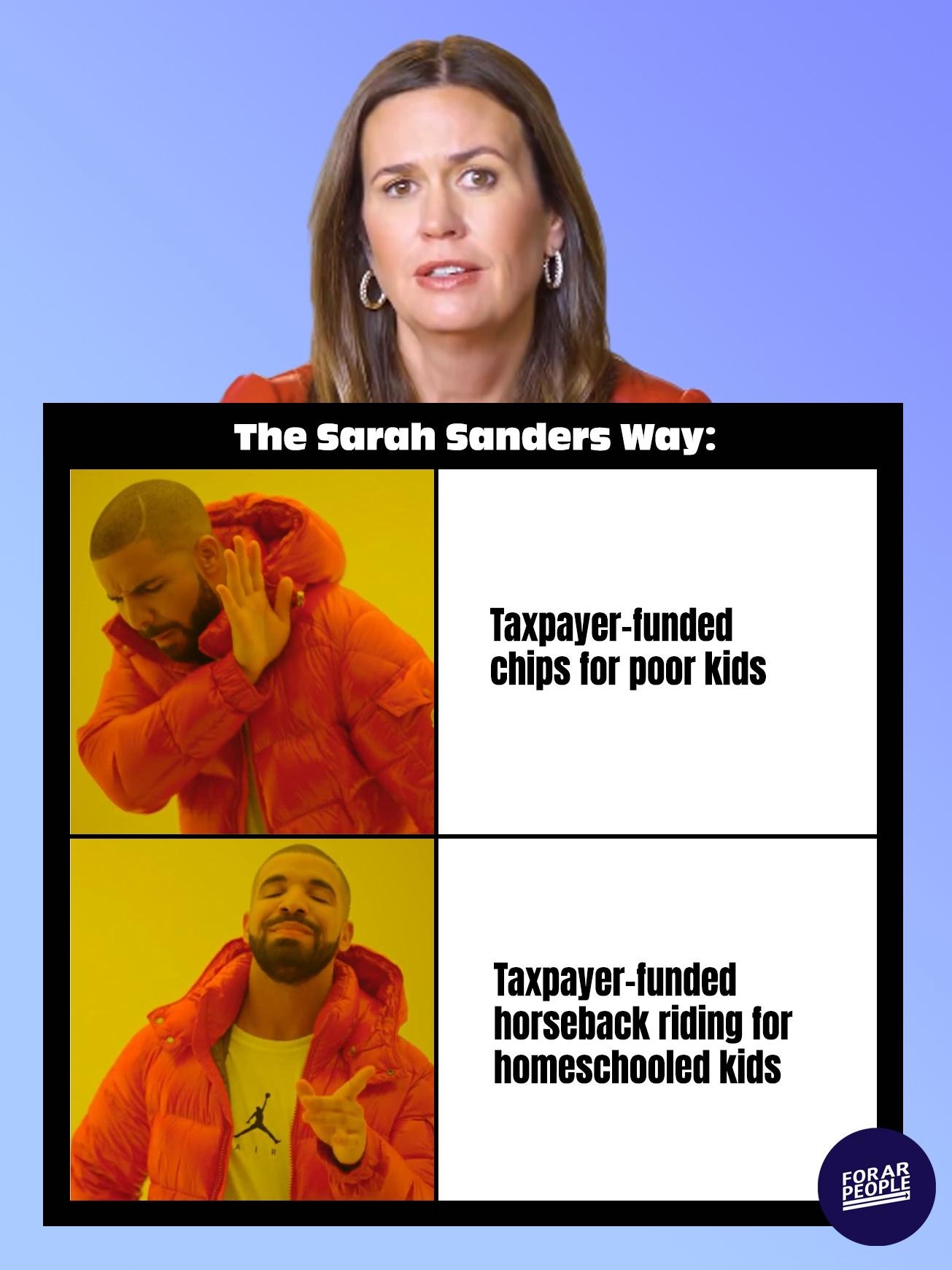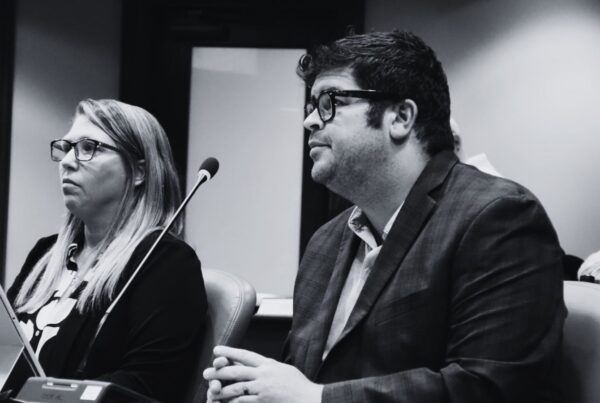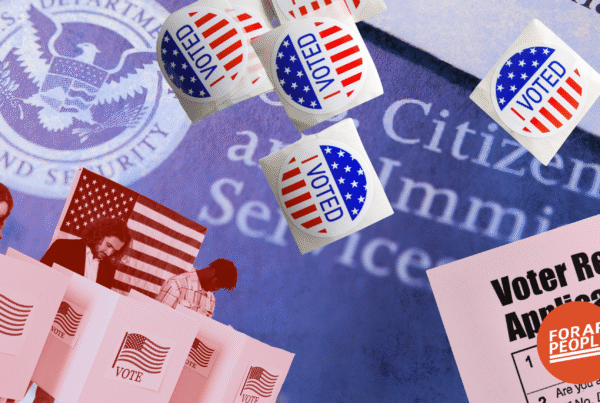Today, Governor Sanders announced that she had sent a letter to the federal government asking the incoming administration to dramatically restrict the foods available for purchase using SNAP (Supplementary Nutrition Assistance Program) benefits. She describes this as “end[ing] taxpayer-funded junk food in food stamps.”
There’s a few things going on here, and none of them are good.
Benefits for the Rich; None for the Poor
First, we have to point out the hypocrisy. Sanders says that taxpayers shouldn’t fund food purchases for genuinely needy families, but she thinks it’s completely fine to fund dressage and bouldering classes for the children of rich families using *checks notes* taxpayer money.
Absurd on its face, this discrepancy really hammers home just how twisted Sanders’ priorities have become as she’s fought for national recognition as an extremist culture warrior.
Making Hungry Folks Hungrier
Second, let’s talk about the policy itself.
There’s the obvious question of “who decides what junk food entails?” It makes some sense to limit truly unhealthy foods, but in the video we linked above, Sanders makes a big deal about the $113 billion SNAP spends every year, but that totals a mere 1.84% of the federal budget; this is hardly breaking the federal bank.
Twenty-three percent of that price tag (just under $26 billion), Sanders claims, is spent purchasing “junk food.” She references what kinds of food she wants to restrict in two places in her letter: on page 1, there’s “highly processed, unhealthy junk food”; on page two, there’s a reference to “sugary drinks and soda.”
These are absurdly broad categories. Again, restricting soda purchases is not the worst idea, but “highly processed foods” is a huge category that would likely encompass frozen family meals and shelf-stable and pre-packaged foods. Who relies on these meals?
Poor folks (75% of SNAP-using households live in poverty, and 36% in deep poverty). Single parents. Elderly folks who can’t cook for themselves. Working parents with little free time and hungry kids. Families that can’t cook every day and have to rely on frozen meals to make it through the week.
The healthy foods Sanders touts are obviously nutritionally excellent, but we run up against another problem: fresh food and produce is universally more expensive per calorie than “highly processed” food. Fresh foods take more effort and time to prepare properly and they don’t last very long in the fridge, which means you have to spend more time per week prepping and cooking meals, which is pretty difficult when you’re already working multiple jobs or long shifts to make ends meet.
SNAP benefits have limits – a family of four gets around $900 bucks a month – so if you force families to spend more money on less food that spoils faster, you’re actually reducing the total meals available to families.
You make them hungrier, not healthier.
Availability of Good Food is Limited
Third, we have to talk about availability. A report from the Arkansas Center for Health Improvement in 2022 showed a huge preponderance of food deserts in Arkansas. Food deserts mean that fresh meats, fruits, and vegetables aren’t easily available because there aren’t a lot of supermarkets or grocery stores.
Furthermore, already-poor families are at a higher risk of residing within a food desert, which compounds the cost issue we just discussed above – healthy foods cost more, so families can buy less. If SNAP benefits don’t help to purchase readily available food, these families don’t eat, full stop. If a family is doing most of their shopping at a Dollar General or convenience store because that’s all there is, then their SNAP benefits have to buy food there. They don’t have the time or ability to drive an hour round-trip to the nearest grocery store.
The solution is multifaceted because hunger and food availability is a multifaceted problem, but here’s an easy start: Sanders should spend more time encouraging stores to set up shop in communities experiencing food insecurity, not removing one of the few options available to poor families and making needy people more desperate.





